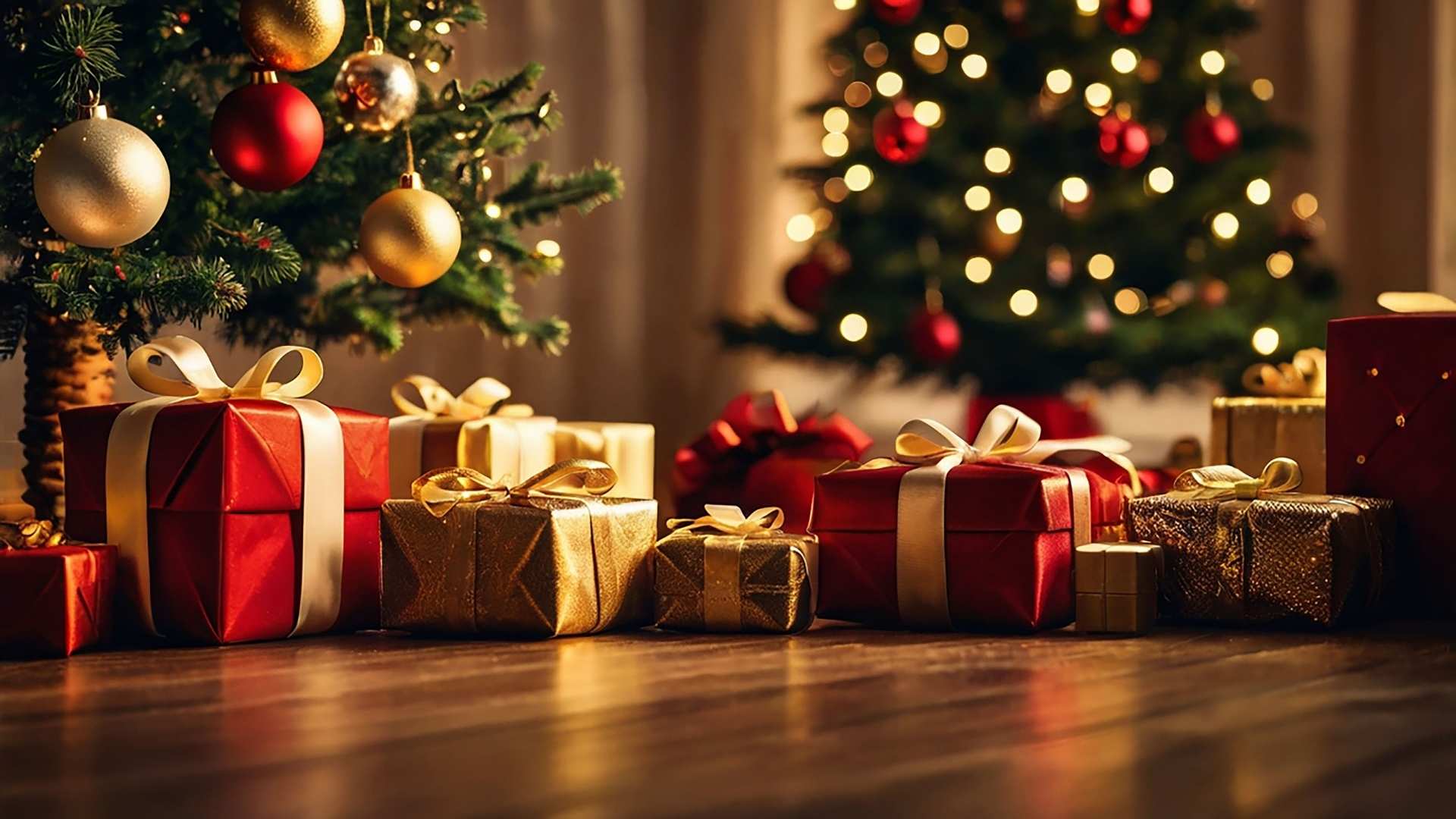Lately, there isn’t a café or tea house that doesn’t offer the famous matcha tea on their menu. From Asia to our terraces, this green powdered tea has become a must-have in the realm of healthy beverages. Its intense green color and unique flavor have captivated the palates of all ages.
However, as with everything that becomes trendy, doubts begin to arise. And rightly so, because with the explosion of its popularity, the market has been flooded with options, and not all of them are of the same quality. Have you ever stopped to think if that matcha you love so much is of good quality? Or if you are paying more for a product that isn’t worth it? You’re not alone. Many matcha enthusiasts, as well as those simply wanting to try it for the first time, get lost among labels and prices, trying to distinguish gold from pyrite. Behind that green powder lies a world of nuances that is worth discovering.
In our TikTok and Instagram profiles, we read many comments from users who are suspicious of the content, and it’s clear that they doubt the quality or the benefits we love so much about this beverage.

The Origin of the Suspicions
It’s incredible how, in a short time, matcha tea has gone from being unknown to filling the shelves of stores and supermarkets. But of course, where there is business, there are those who try to take advantage. With the matcha craze, brands have appeared that, rather than offering a quality product, just want to cash in quickly. The result? A saturated market, where distinguishing what’s good from what isn’t has become a real headache.
Moreover, if you already get confused among so many options, let’s not even talk about the prices! There’s matcha with a higher price, like ours, and others that are suspiciously cheap. This disparity makes you wonder: "Am I paying too much?", "Are they pulling a fast one on me with this low price?" The sometimes staggering differences between products generate uncertainty. And that’s normal. When something becomes fashionable, there are always those who try to ride the wave. The challenge is not to be swayed by first impressions and to learn to differentiate.
Personally, I like to be transparent with you and I make many comparisons between different matchas that I have tried over the years, to show you which ones are of lower quality. I have hundreds of videos on this topic.
If the process of cultivating and harvesting a high-quality matcha, such as ceremonial Japanese matcha, is incredibly meticulous, with a significant artisan component plus transport from Japan, you can imagine that it can’t be sold for €2 a box, as many supermarkets do.
This is the first thing you need to consider when buying something of high quality that seems very, very affordable. Turn the box over and check its origin: you’ll see that most come from China. I also have matcha from China, the Premium variety, but it’s organic, certified, and 100% matcha. It’s not mixed with other herbs.
In any case, in these articles (part I and part II), I go into much more detail about all the elements you should consider when buying your tea, whether in my store or any other establishment.
Really, inform yourself, compare, and make the best decision for your health.
@matchaflix Again... Non-pure Matchas❌ #carrefour #false #supermarket #matcha #matchalover #spain #truth ♬ Blade Runner 2049 - Synthwave Goose




Share: